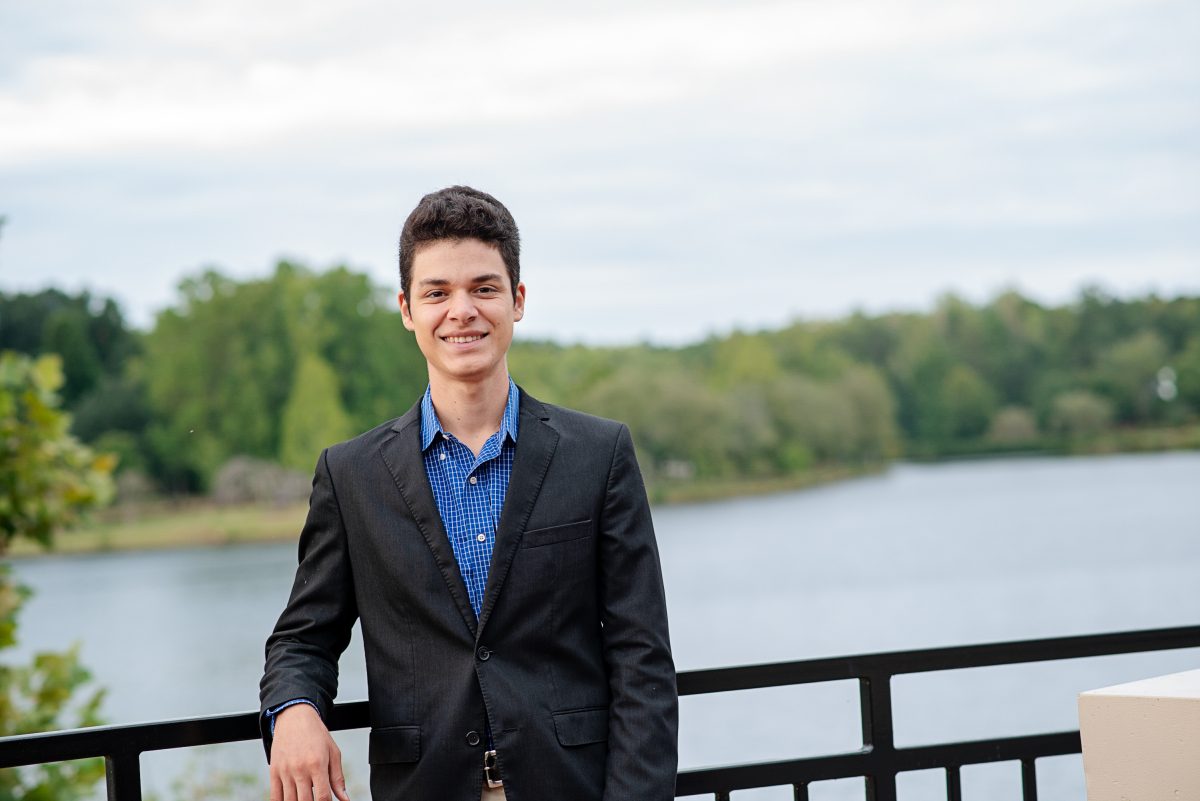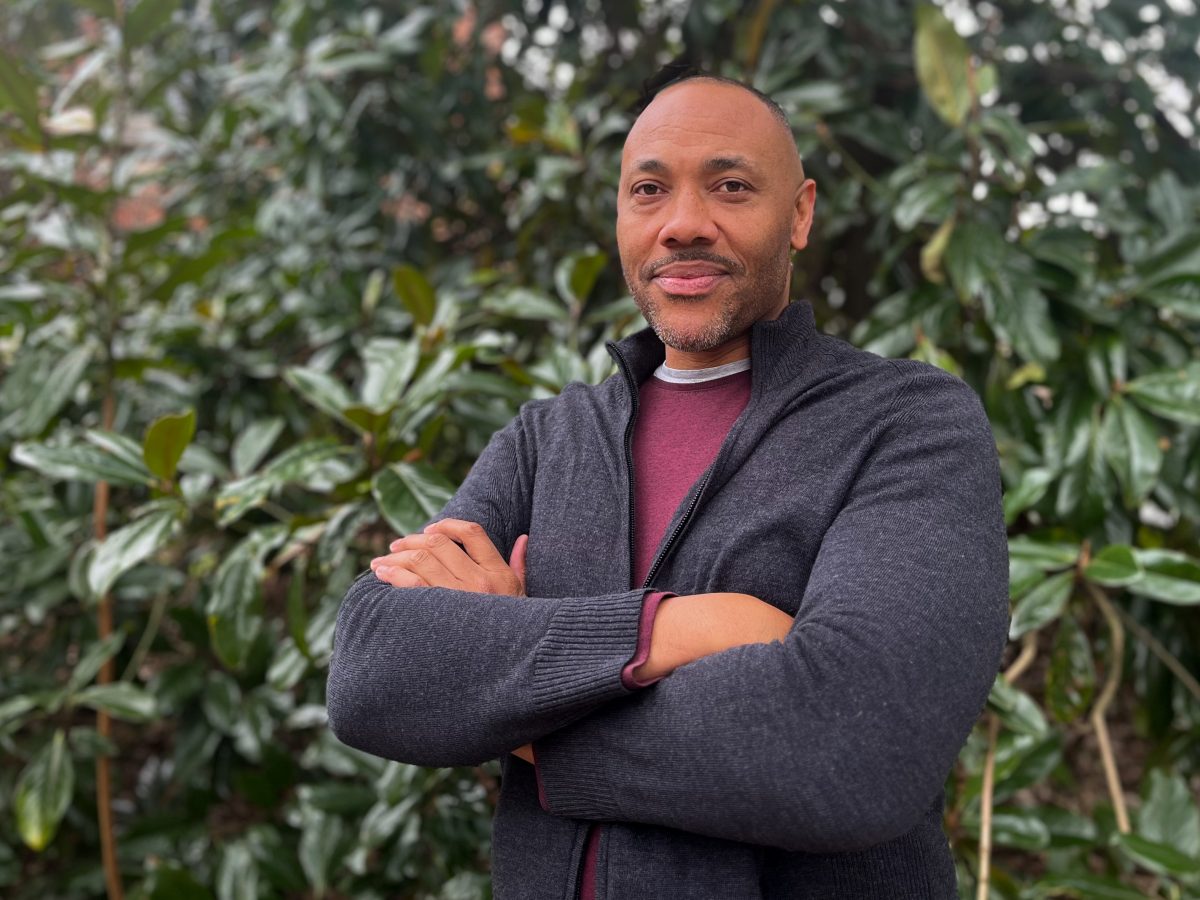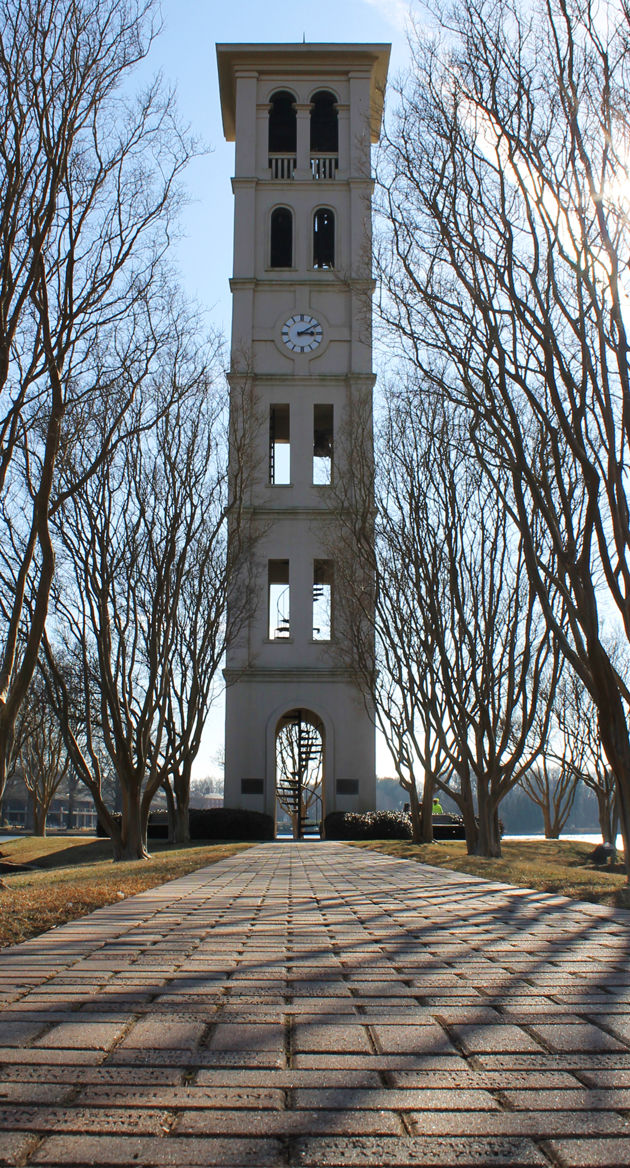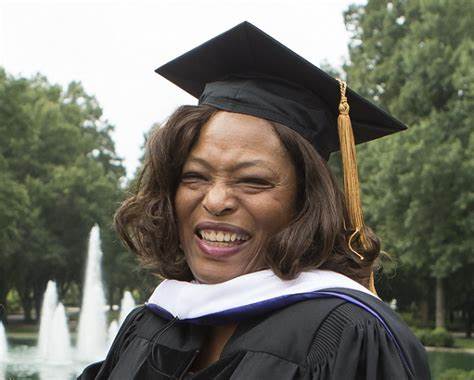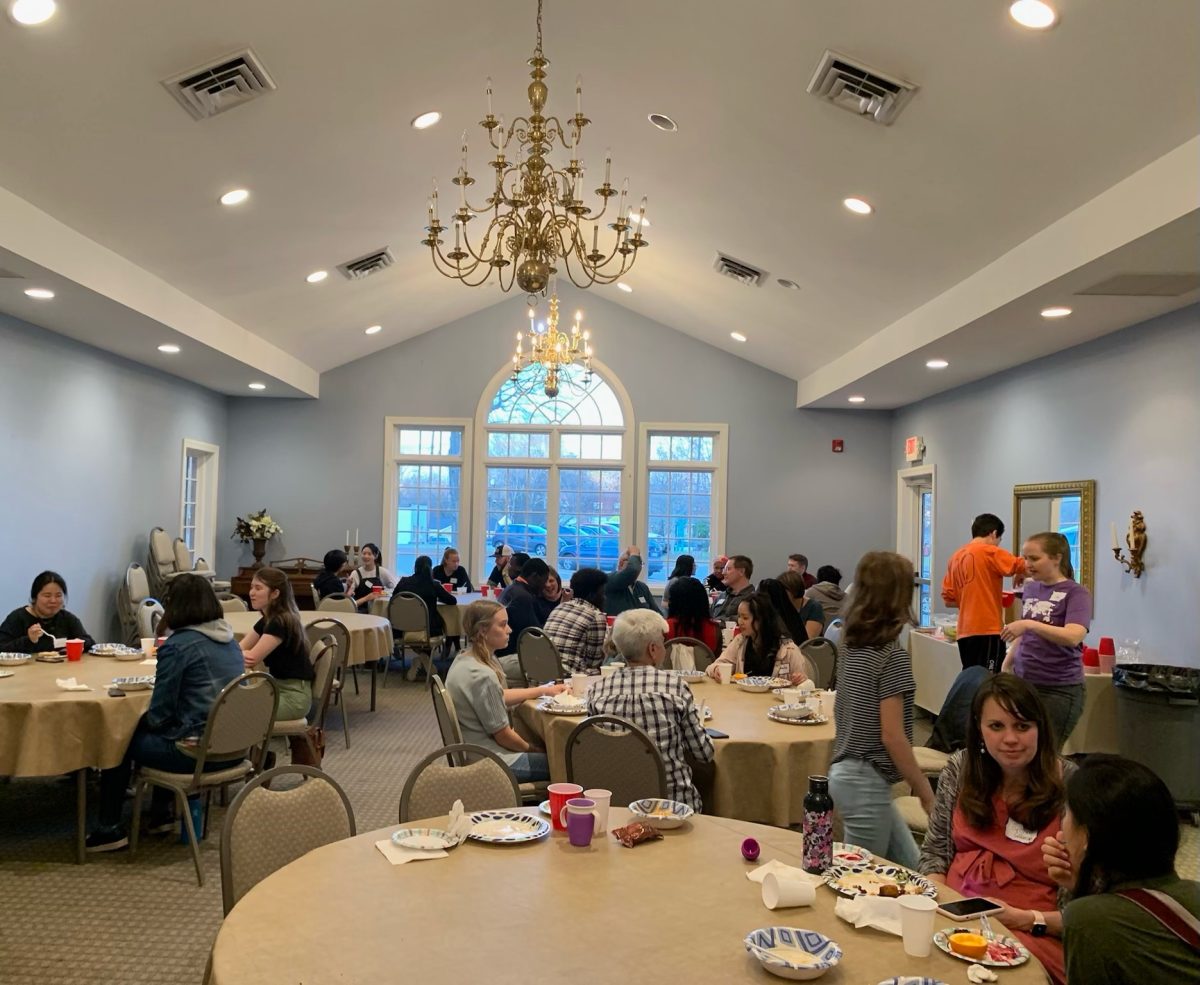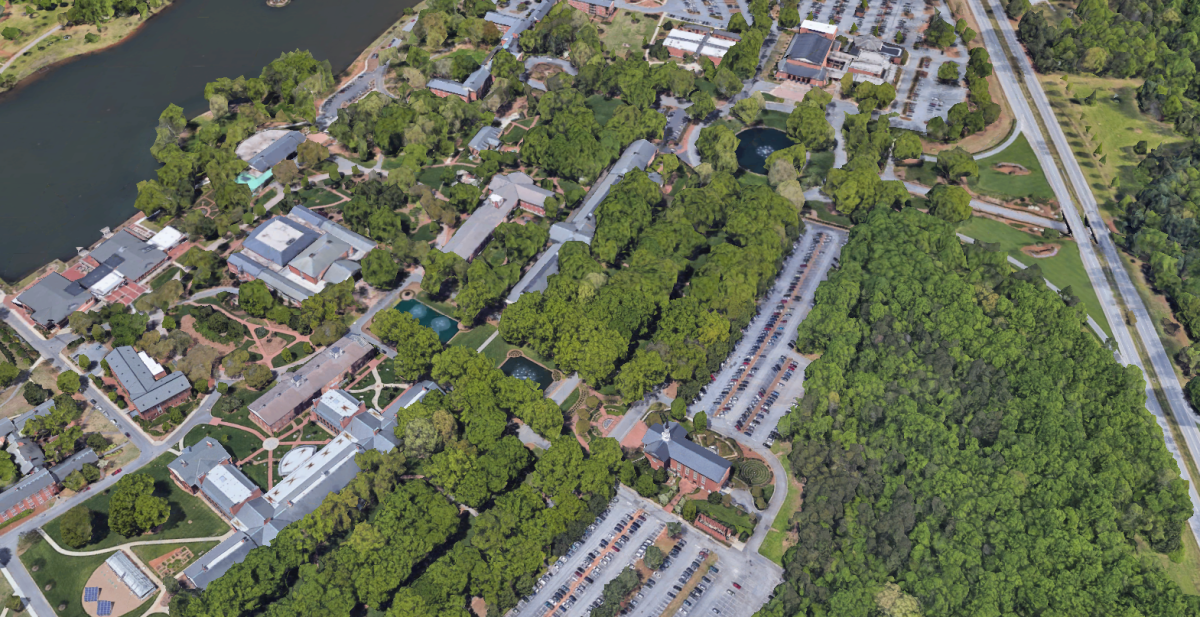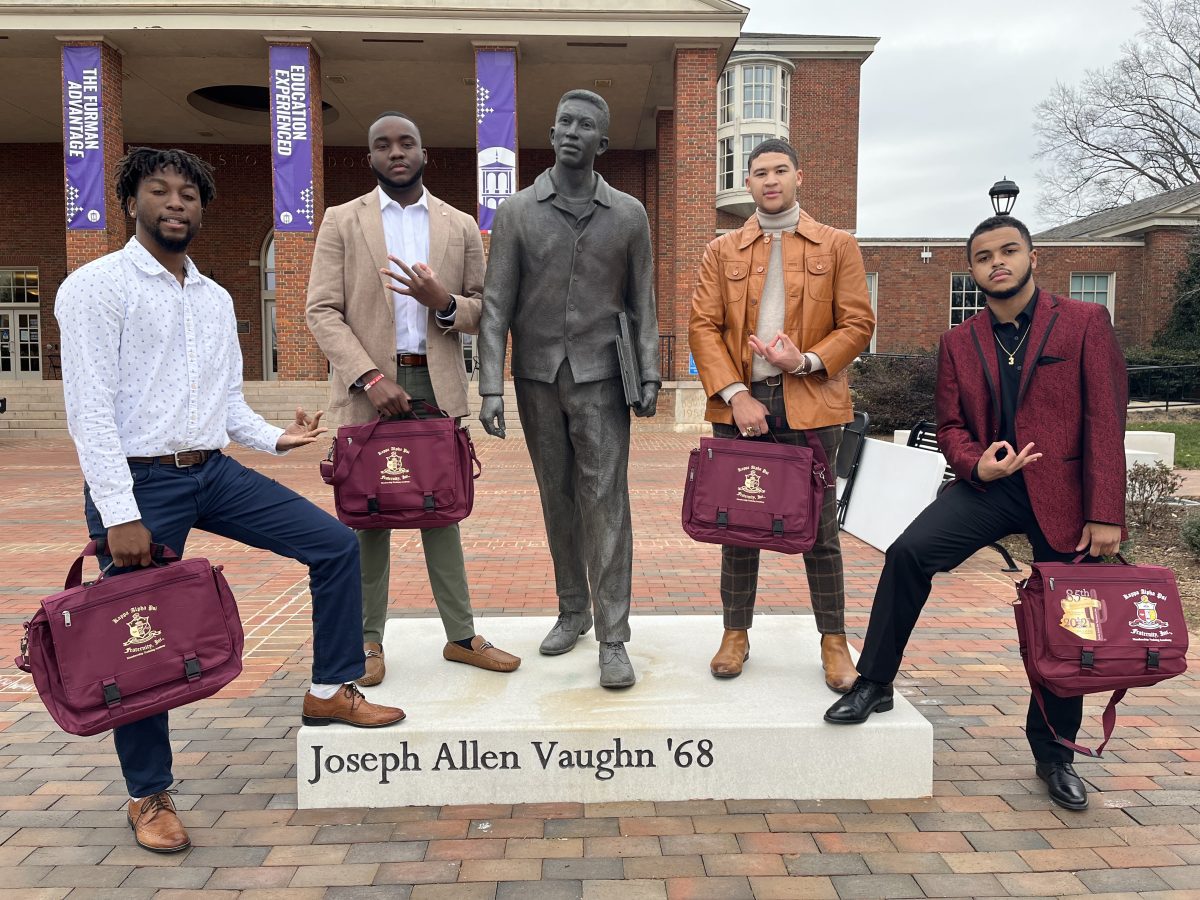As a second-semester senior, I have been spending a lot of time reflecting on the circumstances that led me to Furman University. This contemplation has helped me appreciate the sacrifices of my family that allowed me to attend college in the United States and the impact the Furman Community has had on me.
I did not share a lot about my background to other people until high school. It felt good to “blend in.” I tried to assimilate, following a false perception that I should talk, look, and act in a specific way. My perception of ‘being American’ was reinforced by an experience in my 9th-grade English class. My peers were discussing their families, and although I did not know much about my family history at the time, I explained that my family and I are Latin American immigrants. “I’m surprised,” one classmate sitting next to me remarked, “I thought you were American. I didn’t expect you to be Hispanic.” This experience, among others, made me feel isolated from those around me because of my cultural background.
Even though I did not often share my background with others, it is an undeniable part of who I am. For as long as I can remember, I have called Greenville my home. Yet, my life did not start in the city as I had long wanted others to believe.
In 1999, I was born in San Pedro Sula, a city in the Central American country Honduras. If you search for this city online, you will likely see stories of violence, describing San Pedro Sula as “murder capital of the world.” Several months after my second birthday, my mother and grandmother (my caretakers at this point) faced a terrifying decision – staying in the country or risking everything in search of better lives. There were two primary factors in their decision to emigrate. The first was financial – the three of us were living off my grandmother’s pension as a retired teacher. The second consideration was safety, as San Pedro Sula is notorious for its violence, amplified by gangs and transcontinental criminal networks. These factors led them to immigrate to the United States.
I did not learn that I was an undocumented immigrant until I was 12 years old. I still remember my grandmother sitting me down – sharing our family history, from our start in Honduras to the circumstances of our immigration to the United States. At the time, I did not understand the gravity of what she was sharing with me, nor how this reality may further isolate me from those around me. My grandmother told me to study hard and make good choices because the opportunities provided in the United States were far better than those in Honduras.
Since I was a child, my family always emphasized the importance of education, as it was the key to seguir adelante, to go further in life. My stepfather never graduated high school and began life in the United States doing backbreaking agricultural migrant work. Over the past 30 years, he has worked other manual labor jobs, which have taken a toll on his physical wellbeing that may soon prevent him from working. He is our family’s primary breadwinner, and as his health started to fade, I have felt increased pressure to succeed in this country – not only for myself, but to support my family. They have lived and worked in places with little hope for opportunity and lasting wellbeing – and their encouragement, sacrifices, and decisions helped me get to Furman University.
I am fortunate to have the life they dreamed I would here, as a Furman student. When I was born, I’m sure my family never expected me to grow up in the United States, never mind attend one of the best schools on the planet, surrounded by some of the best and brightest this country (and maybe the world) has to offer.
My time at Furman has been full of growth and opportunity. I have been blessed to meet hundreds of talented and intelligent people, many of whom have become my close friends, allies, and mentors. I have met people to share in my celebrations and support me in my struggles. This bond is more than just our academics; we are at Furman to learn from, encourage, and support one another throughout our shared time together.
Four years ago, I was not sure what to expect when I chose to come to Furman. I never could have imagined the impact this time would have on me, but the Furman Community has planted and nurtured a seed of hope in my future that I do not think I could have cultivated had my family stayed in Honduras.



































